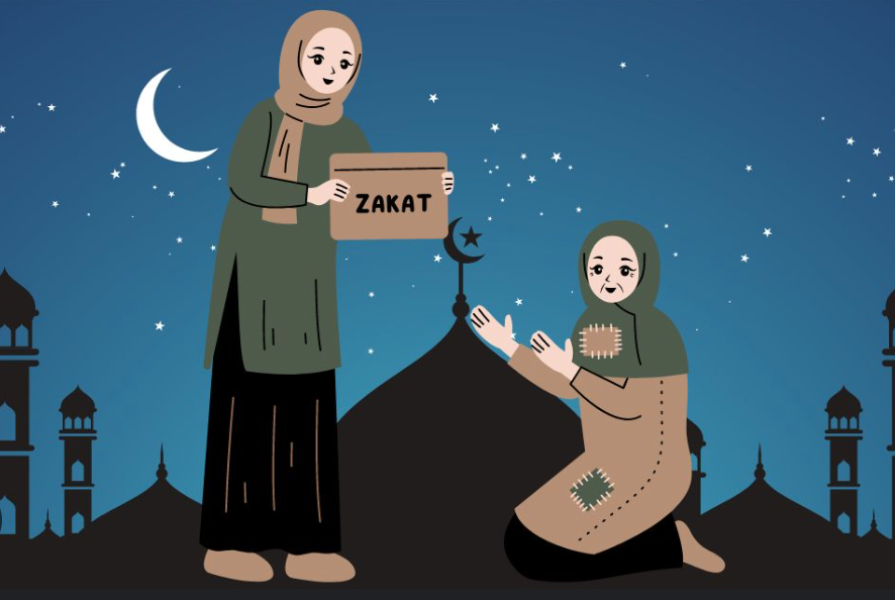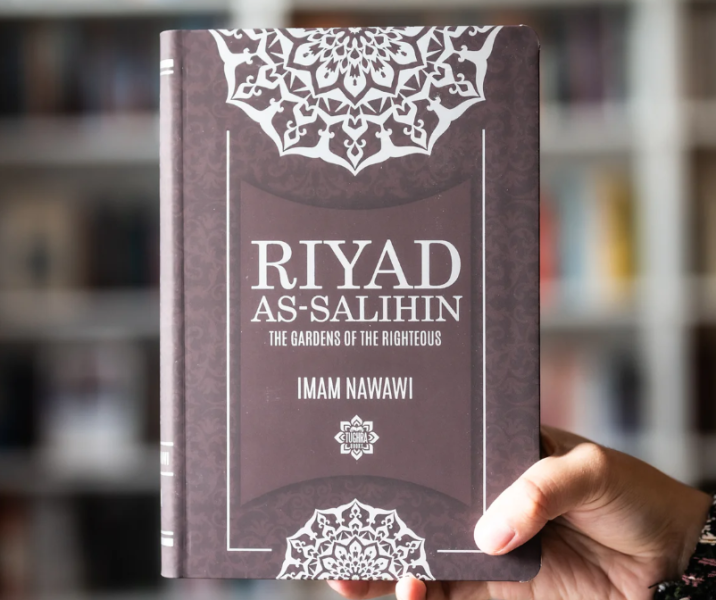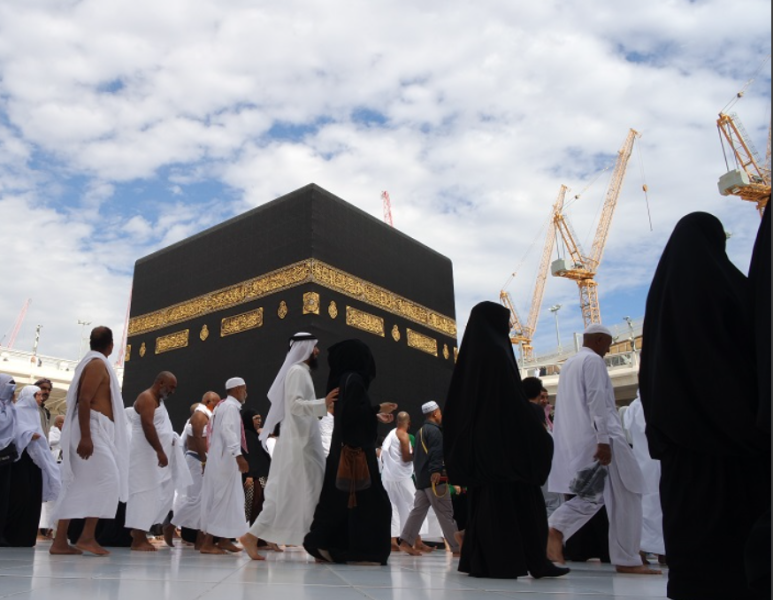Zakat (زكاة) is one of the Five Pillars of Islam, serving as a fundamental practice that embodies the principles of charity, social justice, and community welfare. It is an obligation for Muslims to purify their wealth and help those in need, reflecting the spirit of compassion and responsibility that Islam promotes. This article explores the significance of Zakat from an Islamic perspective, highlighting its principles, benefits, and teachings from the Quran and Hadith.
Definition and Purpose of Zakat
Zakat means "purification" or "growth" in Arabic. It is a form of obligatory almsgiving, requiring Muslims to give a specific portion of their wealth—usually 2.5% of their savings—each year to those in need. The primary purpose of Zakat is to purify one’s wealth and to support the welfare of the community.
The Quran states:
"خذ من أموالهم صدقةً تطهرهم وتزكيهم بها."
(“Take, [O Muhammad], from their wealth a charity by which you purify them and cause them to increase.”)
(Surah At-Tawbah, 9:103)
This verse emphasizes the dual nature of Zakat: it serves to purify the giver’s wealth while promoting the welfare of society.
Types of Zakat
There are two main forms of Zakat:
Zakat al-Fitr: Given at the end of Ramadan, it is meant to purify those who fast from any indecent act or speech and to help the poor. It is usually a fixed amount (commonly in food or its monetary equivalent) and is intended to ensure that all Muslims can celebrate Eid al-Fitr.
Zakat al-Mal: This is the annual obligatory charity based on a person's wealth and assets. It includes savings, investments, gold, and agricultural produce. The amount is typically 2.5% of the total savings above a certain threshold (Nisab).
Spiritual and Social Benefits
1. Spiritual Growth
Zakat is a means of spiritual purification and growth. By giving a portion of one’s wealth, Muslims are reminded of the temporary nature of material possessions and the importance of prioritizing spiritual values. The Prophet Muhammad (صلى الله عليه وسلم) said:
"إن في المال حقاً سوى الزكاة."
(“There is a right for the poor in the wealth of the rich.”)
(Sunan Ibn Majah)
This Hadith underscores that wealth is not solely for personal benefit but carries a responsibility towards others.
2. Social Justice
Zakat plays a crucial role in addressing economic disparities within society. By redistributing wealth, it aims to alleviate poverty and support those in need. It serves as a safety net for the less fortunate, enabling them to meet their basic needs and improve their quality of life.
The Quran further emphasizes this principle:
"إنما الصدقات للفقراء والمساكين والعاملين عليها."
(“Charity is only for the poor and the needy, and those employed to collect it.”)
(Surah At-Tawbah, 9:60)
This verse delineates the intended recipients of Zakat, ensuring that it reaches those who require assistance.
3. Community Cohesion
Zakat fosters a sense of community and solidarity among Muslims. By contributing to the welfare of others, individuals strengthen their bonds with fellow community members and cultivate a spirit of mutual support. The act of giving creates an interconnected society where members care for one another.
Zakat as a Means of Accountability
Zakat is also a reminder of the accountability that individuals have in this world and the Hereafter. It reinforces the idea that wealth is a trust from Allah, and how one manages that wealth has implications for their spiritual journey. The Quran warns:
"وَاعْلَمُوا أَنَّمَا أَمْوَالُكُمْ وَأَوْلَادُكُمْ فِتْنَةٌ."
(“And know that your properties and your children are but a trial.”)
(Surah Al-Anfal, 8:28)
This awareness encourages Muslims to approach their wealth with responsibility and gratitude, knowing that they will be held accountable for their actions.
Conclusion
Zakat is a vital practice in Islam that embodies the principles of charity, social justice, and community responsibility. Through Zakat, Muslims purify their wealth, support those in need, and foster a spirit of solidarity within society. The teachings from the Quran and Hadith highlight its importance as a means of spiritual growth and social welfare.
As Muslims engage in the practice of Zakat, they not only fulfill a religious obligation but also contribute to building a more equitable and compassionate world. In an era of increasing economic disparity, the principles of Zakat remind us of our shared humanity and the responsibility we hold towards one another.










